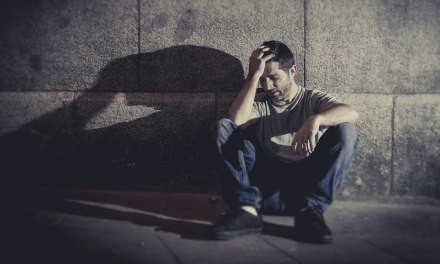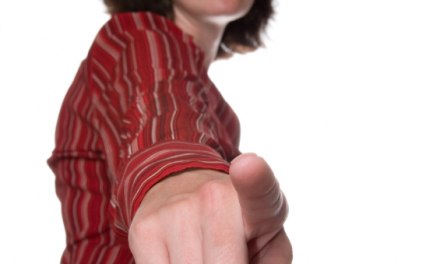Thought I might call attention to a fascinating first person account by a 28 year old writer of his ‘secret life’ as a high-functioning drug user.
I guess it’s a Millennial thing, putting your secrets out where everyone can view them. But this burst of self-disclosure is a chance to explore some characteristic traits of the addict experience. For instance:
The pervasive ambivalence– here in the form of a continuing inner debate about “Is I or Ain’t I?” addicted to drugs? I strongly suspect the writer already knows the answer. He just fervently wishes it were different. So rather than accept it, he goes over and over old ground, as if his relationship with drugs was a bad marriage he’s not yet ready to give up on. In a sense, it is. When he finally does move on with his life, it’ll probably be with some residual feeling of loss.
The rational part peeks through from time to time, but disappears whenever he gets high. “I feel as though I’ve never been so happy, so lucky, so brilliant. I am the very best version of myself. I have a deep sense of compassion for every person in the room. I can reveal any part of myself, say anything, no matter how personal or banal.” Like a bipolar patient on the upswing, he’s aware that it will come to a painful end, but desperately clings to the hope that somehow, this time, it won’t.
He’s conscious of his father’s history with alcohol, but uses it to compare out, focusing on the differences rather than the obvious similarities. Sure, it’s another era, other circumstances, different drugs, but he’s definitely trending the same direction. Amazing how addiction does that– takes very different personalities and somehow causes them to behave in remarkably similar (and predictable) ways.
The experts he interviews aren’t much help. One actually seems to reassure him that most drug users never get into trouble– exactly what this particular individual doesn’t need to hear, because he’s already in trouble.
The writer’s conclusion: If he has a problem, then “almost every friend I have who is living in a major city in the UK has a serious problem.” Which could certainly be the case. After all, who do you hang around with if not others in your age group who get stoned as often as you do? And who no doubt would also describe themselves as high functioning.
He’s aware enough to recognize that just as getting high seems to make everything better, the absence of chemicals makes everything seem, well, nowhere near as good.
I was struck by his friend Mary’s rage when confronted about her drug use– anger rooted, I suspect, in utter panic at the thought of not being able to access drugs. That’s a clear indication of dependency. She could probably recognize that in a stranger, but not in herself. Not yet, at least.
I believe what we’re watching is a process of loss of control. He perceives it as gradual when in reality it’s progressing rather quickly. He’s fooled by periods of apparent remission. Nonetheless, his use appears quite compulsive (once he starts, it’s difficult to stop), and it’s hard to believe he’s functioning as well as he thinks. He’s just holding up his druggie peer group and his alcoholic dad as proof that somehow, he’s still OK.
Except he isn’t, is he?
Let’s hope that at some future point, probably in response to a crisis, he’ll seek outside help and break this pointless cycle of mental self-abuse. I just hope it doesn’t come too late.













